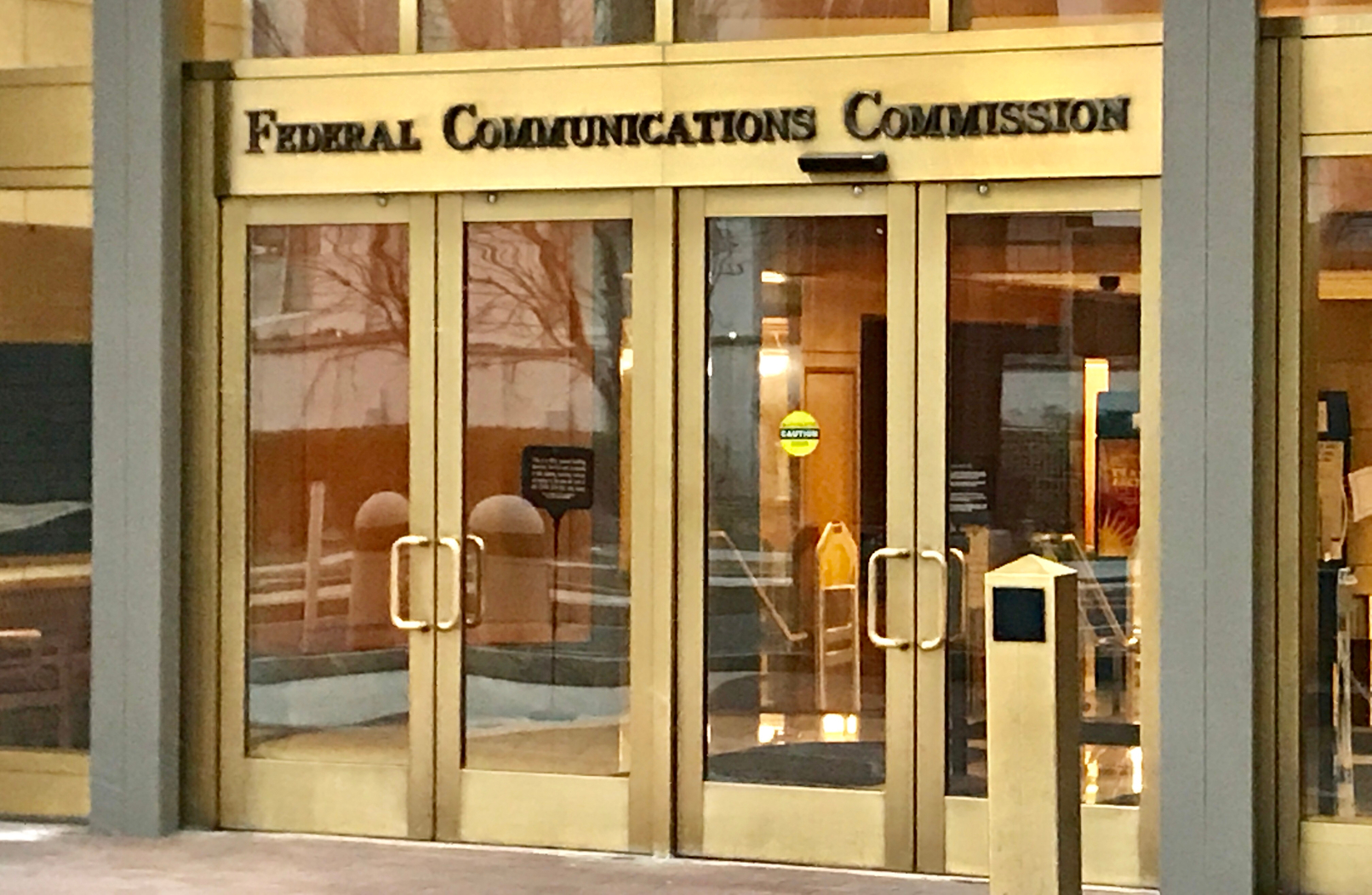A coalition of state attorneys general plans to investigate concerns that the social media platforms may have violated consumer protection laws through certain techniques that promote the engagement of young users.
Articles Posted in Communications Law
Tech industry groups argue that the law violates the Constitution by exposing social media companies to potential fines and lawsuits based on their application of content moderation rules.
The judge found that Apple met the relevant standards according to FCC tests, and considering alternative tests would undermine efficiency and uniformity.
On Tuesday, October 13, 2020, the United States Supreme Court denied a petition for a writ of certiorari in Malwarebytes, Inc. v. Enigma Software Group USA, LLC. The high court appeal stems from a case wherein Malwarebytes used software to block its users from accessing products from its competitor, Enigma. The district court rejected Enigma's claim based on immunity provided by Section 230 of the Communications Decency Act. The Ninth Circuit panel reversed the district court's ruling, stating that "[i]mmunity under that section does not extend to anticompetitive conduct." Supreme Court Justice Clarence Thomas penned a concurring opinion to the denial of certiorari, suggesting that a review of Section 230 of the Communications Decency Act may be warranted in an appropriate case.
The federal appeals court allowed the FCC to continue giving internet service providers substantial discretion to control the way in which consumers access the internet.
Gigi Sohn, a former counselor to the Federal Communications Commission during the administration of President Barack Obama, has urged the federal government to pass a law to protect the privacy of consumers. Sohn argued that consumers may suffer more than just financial losses due to violations of their privacy. She noted…
Recent investigations have revealed that telecommunications companies have sold the real-time location data of their customers without the informed consent of the customers. In other situations, AT&T, T-Mobile, Verizon, and Sprint simply have allowed third parties to access the data, rather than actively selling it to them. As a result, a group of parties include…
On Wednesday, March 6, 2019, the United States Court of Appeals for the Fourth Circuit decided Patrick Hately v. Dr. David Watts, ruling that opened and read emails are covered by the federal Stored Communications Act's privacy protections. Watts used a password provided to him by the mother of Hately's children, with whom Watts was having an affair, to browse Hately's emails in an attempt to uncover evidence of a relationship between Hately and Watts's ex-wife. The Fourth Circuit ultimately found that the district court erred in finding Hately did not demonstrate the statutory injury required under state law and in finding that Hately's opened and read emails were not statutorily protected "electronic storage" under federal law.
Two sources familiar with the matter say that the Chinese company, Huawei, is preparing a lawsuit against the U.S. government for hindering federal agencies from using the company's products. According to the sources, who requested to be anonymous to uphold confidentiality, the lawsuit would be filed in the Eastern District of Texas, the home of Huawei's American headquarters. An announcement about the lawsuit from the company is expected to be released this week.
Sprint, a competitor of AT&T, has filed a lawsuit in federal court to attack the use of 5G Evolution branding by AT&T. It argues that this phrase and the 5GE tag associated with it are misleading because these phones and networks do not use 5G technology. Sprint is asking the court for an injunction against AT&T to stop it from using 5GE tags.










